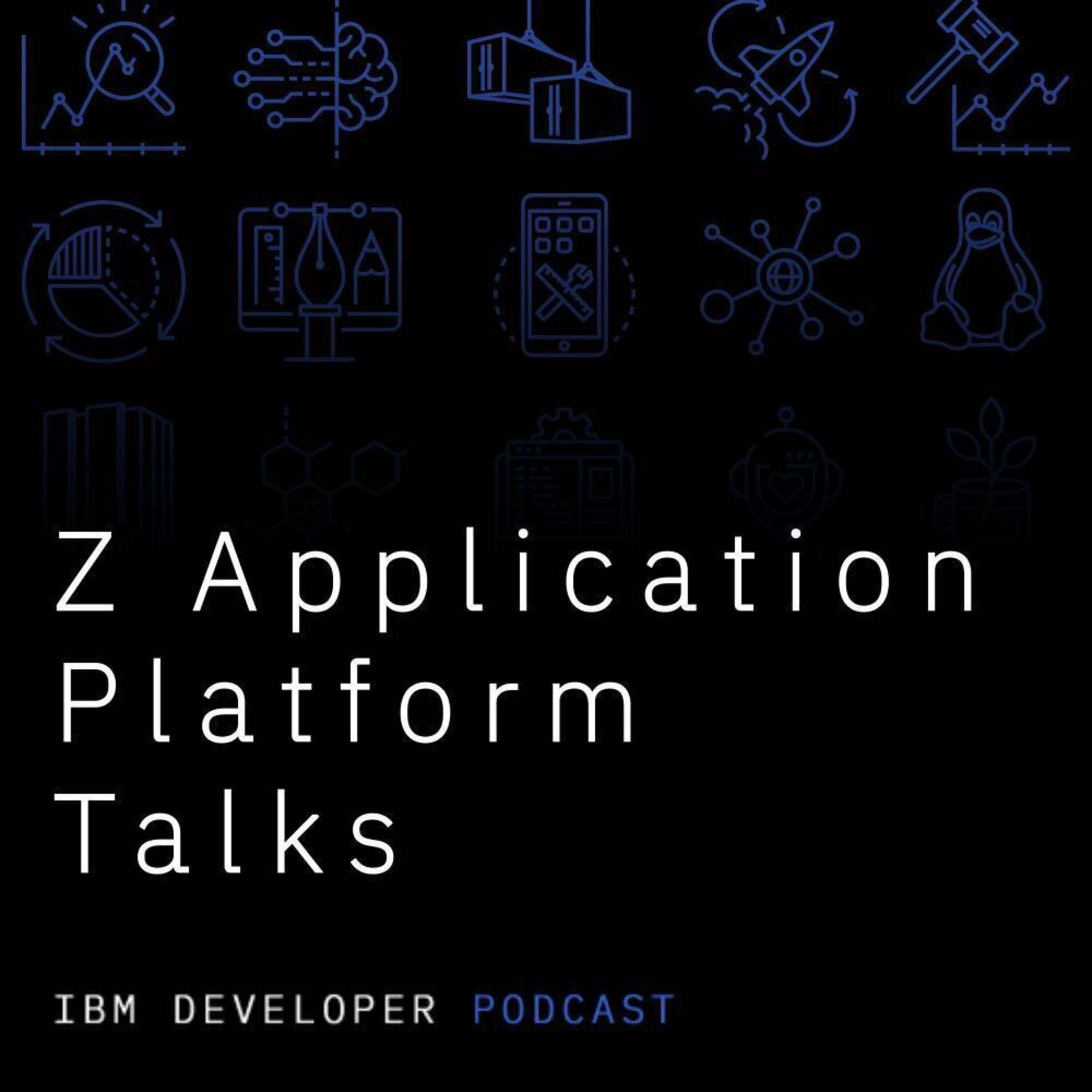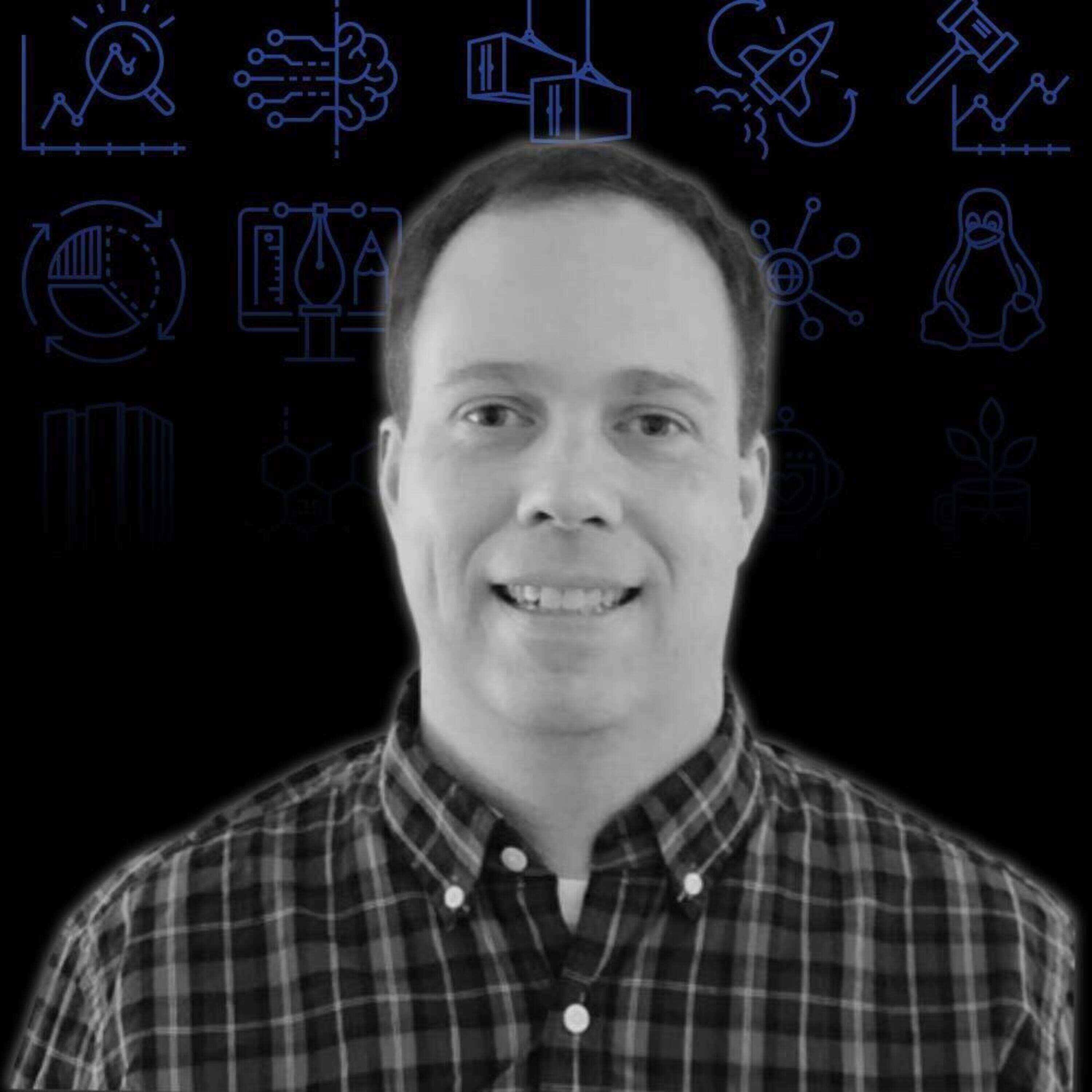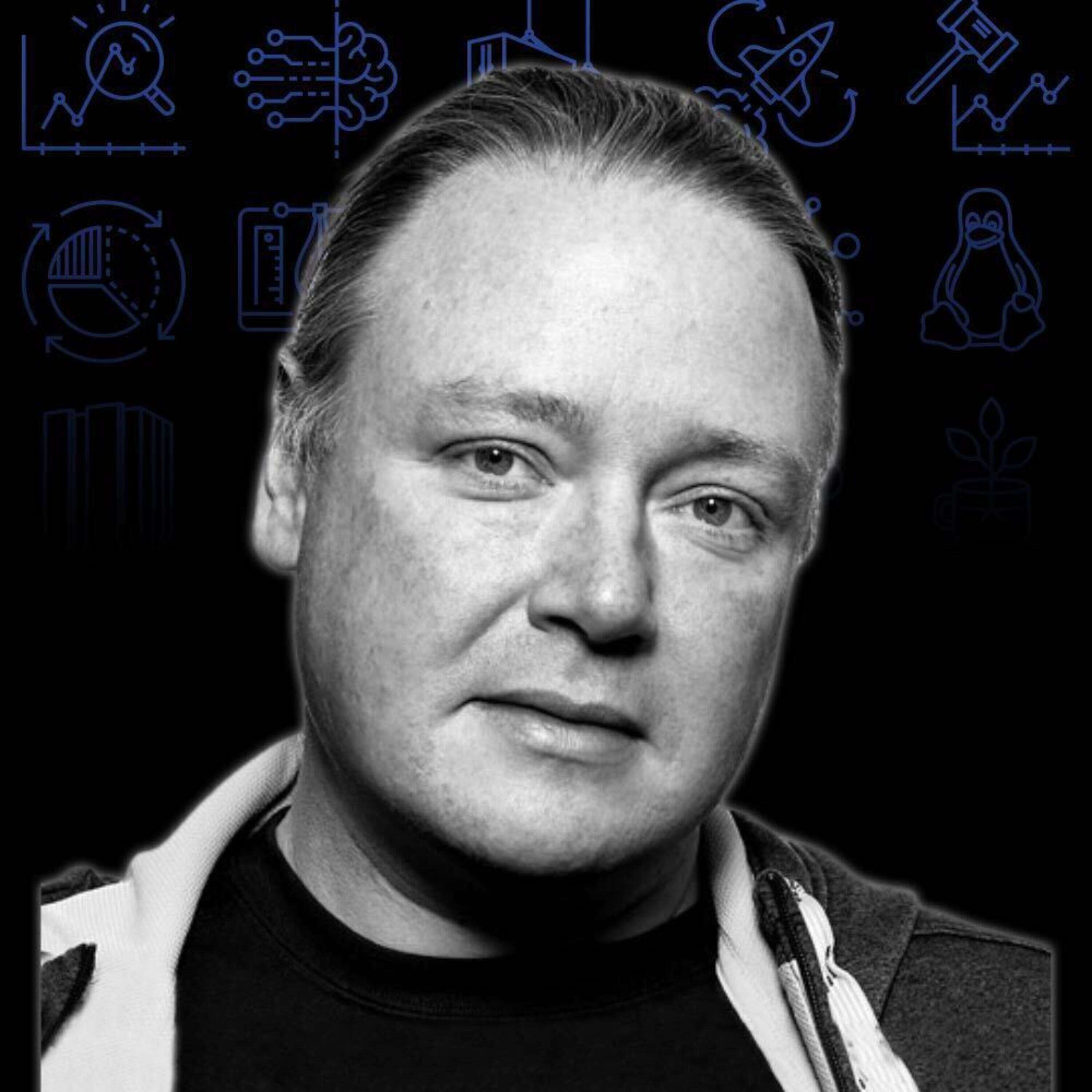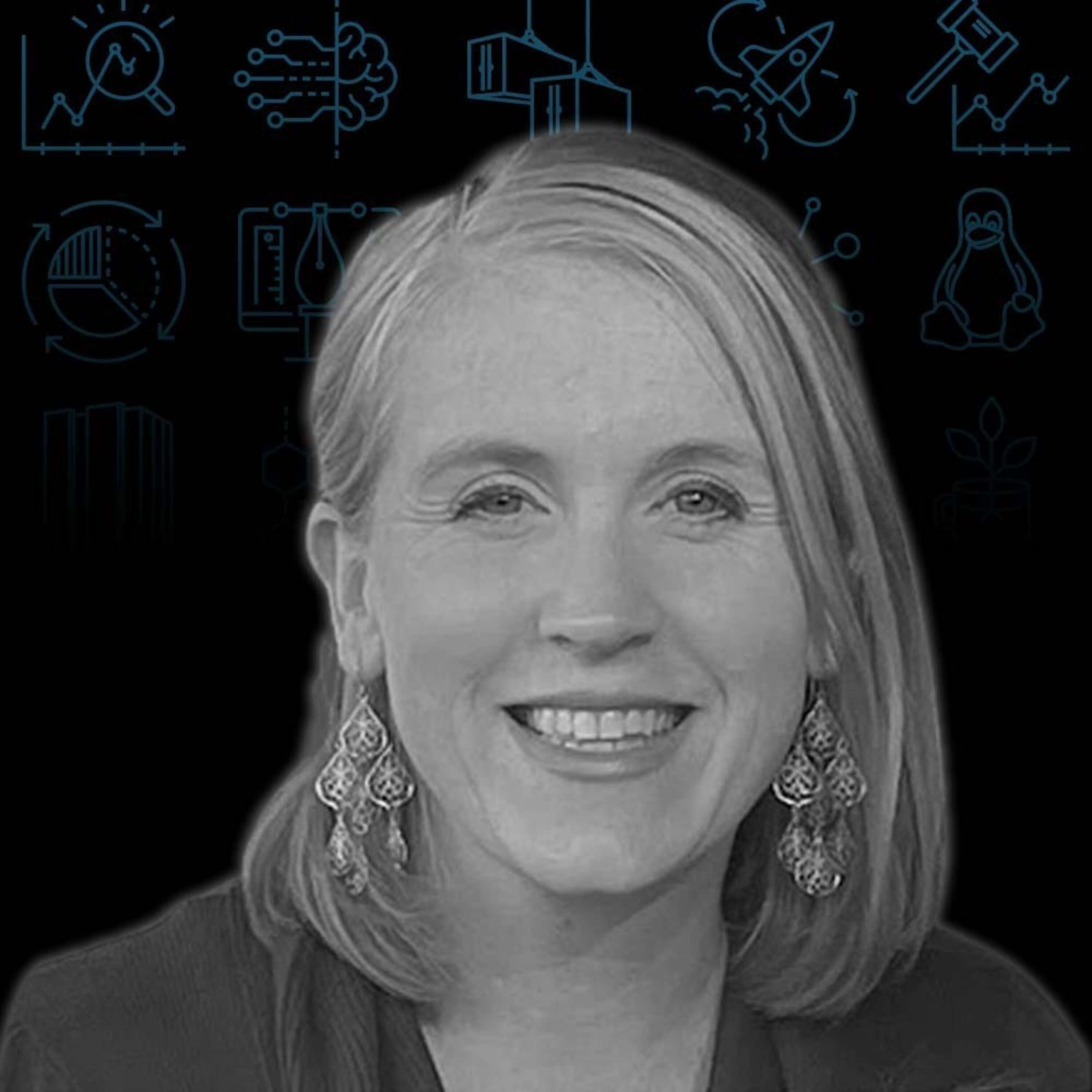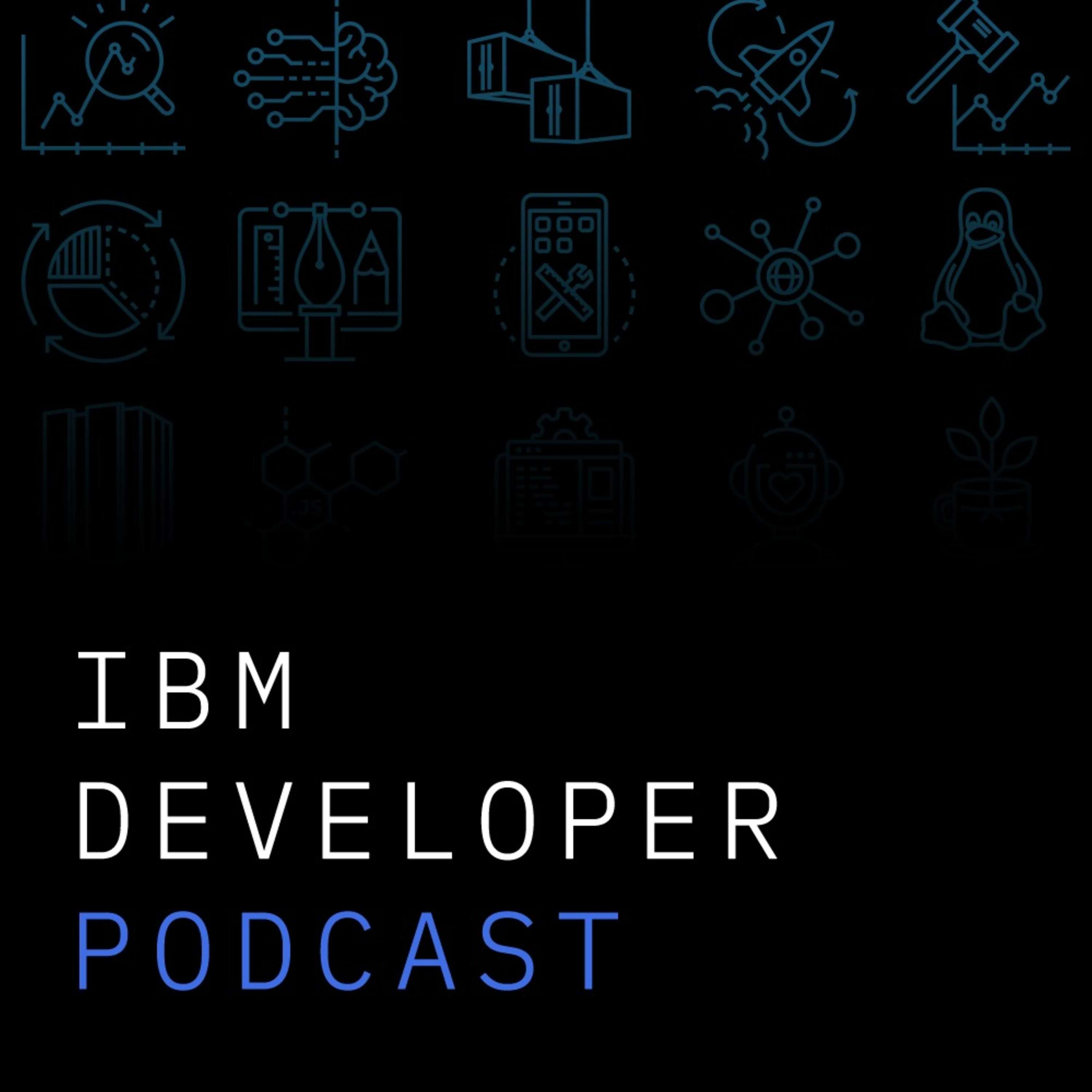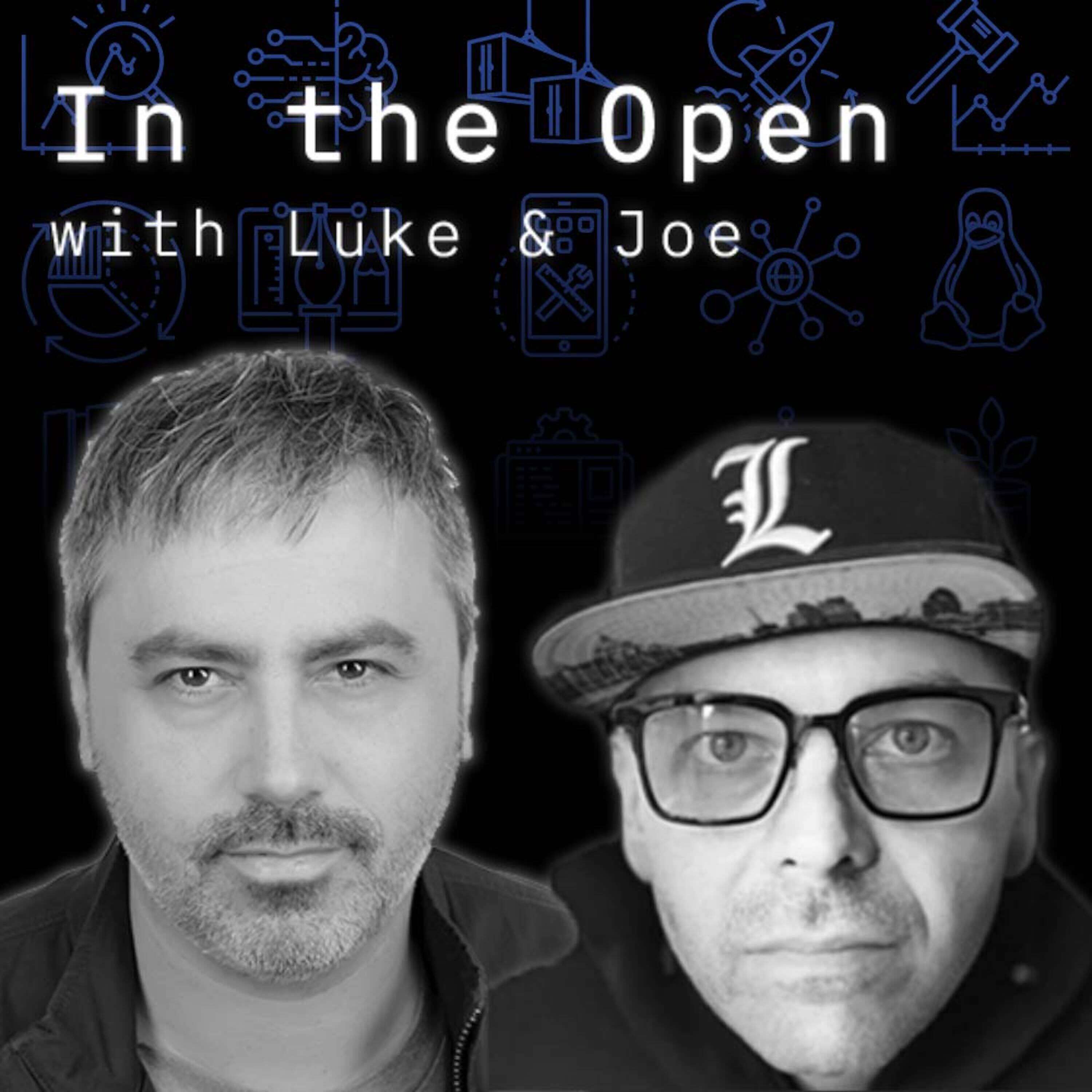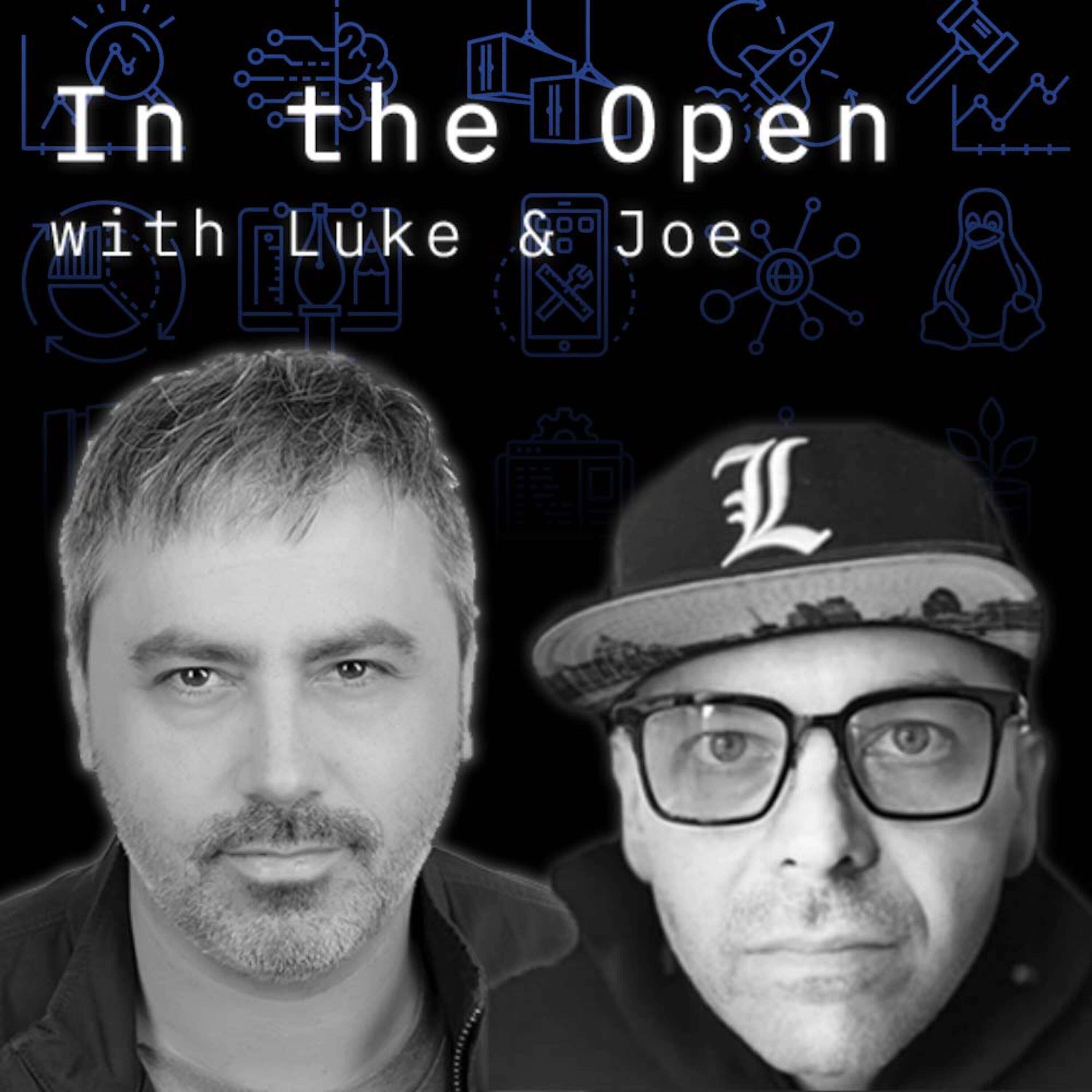Why another Podcast? The IBM Z Application Platform Talks!
- 0.5
- 1
- 1.25
- 1.5
- 1.75
- 2
Speaker 1: I am pleased to share with you the first episode of Z Application Platform Talks, a new series here on IBM Developer podcasts. This series explores application platforms and introduces you to the folks that develop them. Your hosts for this series are Tobias Leicher and Nick Garrod. Over the next couple weeks, I'm going to share some of their episodes here on this channel, but if you want to keep up with all their new episodes, you can find them at ibm. biz/ zplatformtalks. So, without further ado, please enjoy the first episode of Z Application Platform Talks.
Tobias Leicher: The IBM Z Applications and Runtime podcasts, your place to get the newest trends and direction for mainframe runtimes and environments.
Nick Garrod: Hello, and welcome to the first in a new series of podcasts. These podcasts come under the title of Application Platform Talks, and it is our intention to bring experts in the field of runtimes to talk to you about topics pertaining to application platforms to the runtimes, so you'll get topics such as CICS and IMS, more about that later, and I don't do these podcasts by myself. I'm joined by Toby Leicher from Germany. Hello, Toby.
Tobias Leicher: Hi, Nick. It's a pleasure.
Nick Garrod: And we felt that as this is a new initiative, we should do an introductory podcast just to explain what our intentions are and what we plan to do here. So, I'll first introduce myself. My name is Nick Garrod. I've worked with IBM for 40 plus years on the mainframe, but in more of a business and marketing role. Toby, what's your background?
Tobias Leicher: So, I'm not there as long as you, actually. So, I worked in the IBM Z area now for 12... Yeah, it's roughly 12 years. That's basically also when we met. So, my first encounter with you was when I did an internship in Hursley, and I actually there met the most of the CICS teams, and yeah, it's been quite a long time already.
Nick Garrod: 12 years indeed, 12 years. So, I think, one of the first things we should do is explain to our listeners why are we taking this initiative? Why have we decided to do podcasts? There are hundreds of podcasts around, there are a lot of IT podcasts, there are a lot of technology pod podcasts. But if I give my opinion first and then you can criticize it, I think, although there are loads of it podcasts, you might even fight, say mainframe podcasts. There's a lot of DevOps type podcasts. There's quite a few application development podcasts. But you don't see many podcasts that are specifically focused on runtime issues or application platforms. So, for products like C- I- C- S, CICS, or IMS, how do you feel about that, Toby?
Tobias Leicher: Yeah, I couldn't agree more. So, I think we really have a little gap here. And I think there are also, on the other side, a lot of people working with these technologies, with these platforms, and they have an interest in what we are doing, how the next trends are. And I think, the podcast format for me worked quite well also during the pandemics times, because it was not too long, a good bunch of information, but no visuals as we are all in Zoom and Webex, and you have it all day long. I think it is quite nice to have something that is just audio. You may can also in future listen to when you commute to work or stuff like that.
Nick Garrod: Yeah, I couldn't agree more. And I think we're also seeing a diverse set of roles that are now perhaps communicating more, there's consolidation that might be contributing to that. But we're also in these runtimes where we're dealing with different languages, different application development languages, we're dealing with different roles coming in-
Tobias Leicher: But in the end we are all working with the same thing, is it? So, even we use different words, we all want the same thing to happen. We want to have our company being successful with their IT, is it? And so, we maybe can do some stuff to make those people understand each other and actually make it work for them. So, yeah.
Nick Garrod: So, I think, it would be fair to say that the whole development processes that are going on these days have changed. We're having shorter life cycles between major releases. Certainly, we see that in CICS.
Tobias Leicher: Yeah, yeah.
Nick Garrod: And then, again, in CICS, we've started going into a quarterly delivery sort of cycle where we'll bring out new technologies for people to play with try out. And we'll also then probably backport that to prior releases if the feedback that we're getting is positive. So. I think, that's a difference we're seeing in the way development is progressing these days. And of course, the way we go about development. Certainly, again, in Hursley, it has changed quite a bit.
Tobias Leicher: Yeah, I will never forget when I was first in Hursley for a design conference, it was a bit like, " So, we worked on this now for three some years, do you like it?" And yeah, of course, what should the customer say? " No, it's totally crap. We don't want it."
Nick Garrod: Yes, it's not-
Tobias Leicher: Of course, they liked it then in the end, but it may not what they actually were looking for. So, I think, this new idea of integrating a customer much more further in the development process, maybe already the ideas of what to do next, really change things and help customers to get what they need much faster.
Nick Garrod: Yeah, and you can only imagine that that is going to figure more and more in the future. And I feel really, the whole future of the mainframe is going to be changing. It's still going to be there, it's still essential, but I think that's really changing now.
Tobias Leicher: Yeah. And I think, also, as we say it, the stuff comes out faster and maybe that's also a good opportunity for us in the podcast to let you guys know out there what is next. Whereas in the past decades, it was okay to visit a conference once a year and you get the updates that you need. Meanwhile, the updates come so fast and the things that your business could make use of come so fast, that it is really sensible for you to get a shorter update cycle. And we hope we can fulfill that also with our little podcast here.
Nick Garrod: And of course, with that speed or with that proliferation of deliveries of different technologies and capabilities, some of that can get lost in the heat of the moment. And from our developer's point of view, they developed something three years ago, five years ago, and they're wondering, " Why is this not being used more? Why don't we hear more from customers about how they're using it?" When in actual fact maybe it bypassed the customer, the customer wasn't ready for it at that point, or they didn't have a suitable project for it at that point that they do now, but they've forgotten about it. So, I think it's essential that on this podcast, we not only talk about the bleeding edge technology that's coming out or trends and directions, but we also revisit this capability, this value that's been brought out on both the hardware and the software to make the runtimes better, make it more valuable, make it more performant.
Tobias Leicher: And also, maybe people have bad experience with the way we implemented one or the other technology in the past. Java may be a good example. We had to do it twice, but then did it right in the latter one. So, it is also happening sometimes, that people say, " Oh, I tried this out once and it was very bad for us." But meanwhile we had a redesign of the stuff and maybe it is worth to do that now. So, I think that could also be a good angle of starting.
Nick Garrod: And once that person's got that bad taste in their mouth about something, it can be difficult to change their minds. So, hopefully we can give a compelling enough view on those sort of things to encourage people to try it again, give it a second chance.
Tobias Leicher: And as you said, I think, the topics are big varieties. So, even though most people focus on the development stuff, there's also a lot of stuff going on in the runtimes, in the application platforms to actually suit all these changes. So, we said we develop much faster, so will our customers. So, we also have to adapt to this speed, that we not see a single release once a year so our customers can get used to that. Also, from a runtimes perspective, this will now hurry up a lot. We have new programming models, we have new programming languages that come into our beloved runtimes. And so, I think, there's plenty of topics that we actually want to speak about during our podcast series or maybe a lot of them. So, we will see how long we have topics and how long you are interested.
Nick Garrod: And of course, our business partners as well, we engage them early on so that they aren't caught out by any changes or opportunities that we provide with that. So, it's an all round ecosystem of change and of information. So, I think, we should set a scene here or an expectation of how often we will produce these podcasts and how long they are, because we're not looking to overburden our listeners with different information every week or for long periods of time, aren't we? I think, we were looking at perhaps, once a month?
Tobias Leicher: Yeah, I think, we can sneak peek you a little in. So, now, you listen to the first podcast you ever hear, but actually, it's our now third time to record it because we found things need to be improved and we weren't happy with the topics. So, I think, if we achieve once a month, I think we will be good. And if we do more and if there's a broad interest, of course, on the other side, we are happy to put in more effort and more speech. But maybe, once a month is also good to digest. So, I think, once a month. And as you said, how long do we want to have it? Maybe not too long. So, if I said commute to work, I hope most of you don't have a very long way. So, something around a quarter of an hour that is maybe a good time. And if then we have guests and it becomes more interesting or the topics become with lots of content, then we might have 20, 25 minutes, but we promise not to go not further than that. So then, we will split it up into two episodes, I think.
Nick Garrod: And I think we can share that there's some interesting podcasts coming up to do with Java, the future directions of the mainframe, and some application development- focused podcast as well, isn't it?
Tobias Leicher: Yeah. And how actually we, as a runtime, embrace these developers to actually make use of it and how we can... Because in the end, we sometimes tend to forget our users are actually system programmers. So, they are actually developers as well. They programmed the system, so how can they make use of the news trends and technologies?
Nick Garrod: So, we're definitely trying to appeal to a variety of roles here. Where can we find this podcasts? So, we found a very nice home for it. It's on ibm. biz/ zpodcast. You'll find the application platform talks, there's also others to do with Z for DevOps talks and some application developer talks. So, that is a single area where will you find all these recordings. And those also, will be available for various streaming services like Spotify for example. Now, one very important thing here is we have picked a few topics that we think you will be interested in, but it's not all about us. We want your ideas, we want your feedback, we want to hear what topics you would like to hear about. Both Toby and I have a wide range of contacts that we can get people to join these podcasts and talk about these topics. But without your help and your input, you are only going to get our opinions. So, please, contact us. You can contact us through email. My email is nick_garrod, G- A-R- R- O- D, @ uk. ibm. com. And Toby?
Tobias Leicher: Mine is Tobias, T- O- B- I- A- S, dot Leicher, L- E- I- C- H- E- R, @ge. ibm.com.
Nick Garrod: So, don't complain that you're not finding these interesting topics. If you don't tell us which topics you want, I think it's the message there. So, we really want to hear from you.
Tobias Leicher: Yeah. And maybe you also feel that you want to have something to share as well. So, as we already said, we will not just do this by ourselves, we will have interesting guests. And maybe, some of you will be able to join us as well. At the moment, this is a totally virtual event, so you can join from wherever you are, depending on your time zones, of course. But I think, we can make work a lot of things. So, we would be happy to not just have your opinion, but also have you contributing and tell other customers what actually bothers you and what do you think is the next big thing to do.
Nick Garrod: Yeah, come and join us on our virtual couch. So, Toby, I think that pretty much sets the scene for this series of podcasts. Do you agree?
Tobias Leicher: Yeah, totally. Looking forward to it.
Nick Garrod: So, we'll wrap it up here. Hope this has given you at least a flavor or a taste of what's to come. Please contact us if you've got ideas or want to hear from someone specifically or a topic specifically, and look out on ibm.biz/ zpodcast. Look out for the application platform talks where you'll hear from Toby, myself, and all sorts of experts from the runtime land. So, with that-
Tobias Leicher: Cool.
Nick Garrod: ...I'll say goodbye, thank you for listening. Thank you for joining us today.
Tobias Leicher: Thanks a lot. It is always a pleasure, and I'm looking forward to our little series here.
Nick Garrod: Okay. Goodbye.
Tobias Leicher: Cheers.
DESCRIPTION
In this Episode, we will explain why we thought we need to have a podcast that explains what trends and directions are implemented in the IBM Z Runtimes and Application Platforms and the Runtimes. In the future Episodes, we will go into a lot of topics and invite interesting Guests to understand what are the important things now and what will come next!

